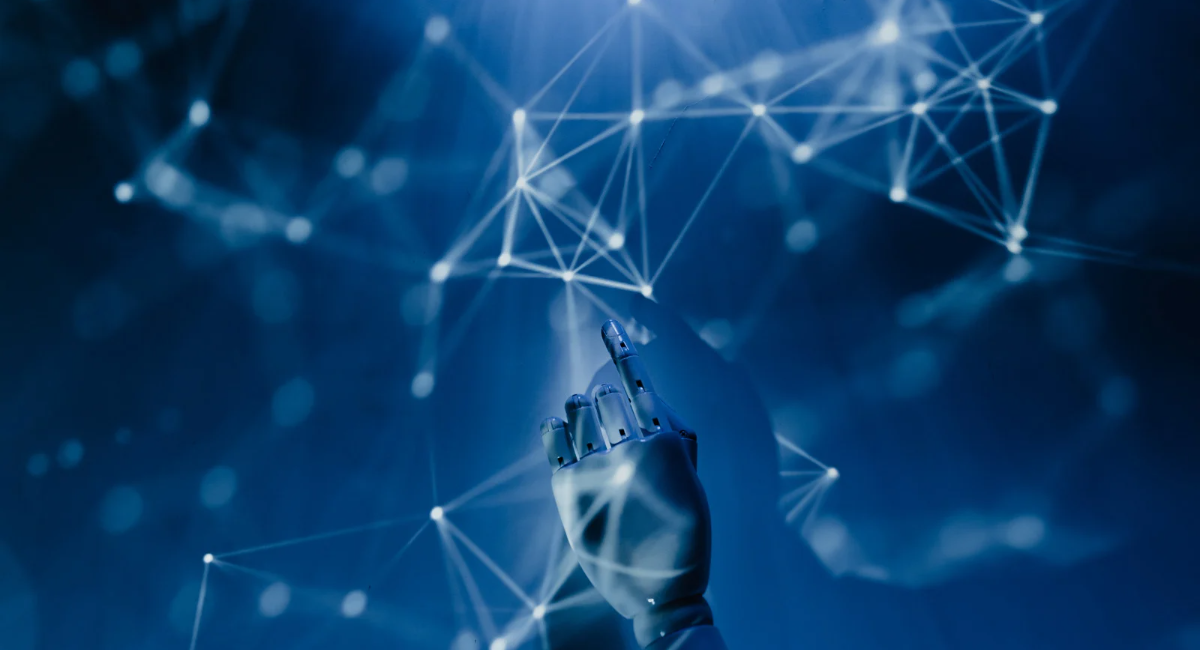Generative AI has the ability to generate new content and has the potential to disrupt various professions across different industries.
Here are a few ways in which generative AI could upend traditional professions:
Content Creation
Generative AI models can produce written articles, blog posts, and even creative works such as stories or poetry.
This could impact content creation professions, such as writers, journalists, and copywriters.
While AI-generated content may not yet match the quality of human-created content, it has the potential to automate certain aspects of these professions and reduce the need for human intervention.
Design and Creativity
AI-powered design tools can generate logos, graphics, and even entire web page layouts. This challenges the traditional role of graphic designers, artists, and architects.
While human creativity and design sensibilities are still valued, generative AI can provide automated suggestions, speed up the design process.
Data Analysis
Generative AI algorithms are good at analyzing large volumes of data, identifying patterns, and making predictions.
This can have a impact on professions that involve data analysis, such as financial analysts, market researchers, and data scientists.
Customer Service
AI-powered chatbots and virtual assistants can handle customer inquiries and provide support, so they can reduce the need for human customer service representatives.
Natural language processing capabilities of AI models enable them to understand and respond to customer queries accurately.
While human interaction may still be necessary for complex or emotionally sensitive issues.
Legal Services
Generative AI models can assist in legal research, contract analysis, and document preparation.
This can streamline processes in the legal profession, its Couse reduce the need for junior lawyers to perform repetitive tasks.
However, the interpretation of complex legal matters and representation in court still requires the expertise of human lawyers.
Medical Diagnosis
AI algorithms can analyze medical data, including imaging scans, symptoms, and patient records, to aid in diagnosis and treatment recommendations.
While AI can help healthcare professionals make more accurate and efficient diagnoses, it does not replace the need for human doctors.
While generative AI has the potential to automate certain aspects of these professions, human skills such as creativity, critical thinking, empathy, and ethical decision-making continue to be highly valuable and difficult to replicate fully with AI.
The future is likely to involve a symbiotic relationship between humans and AI, where professionals leverage AI tools to enhance their capabilities and efficiency.
